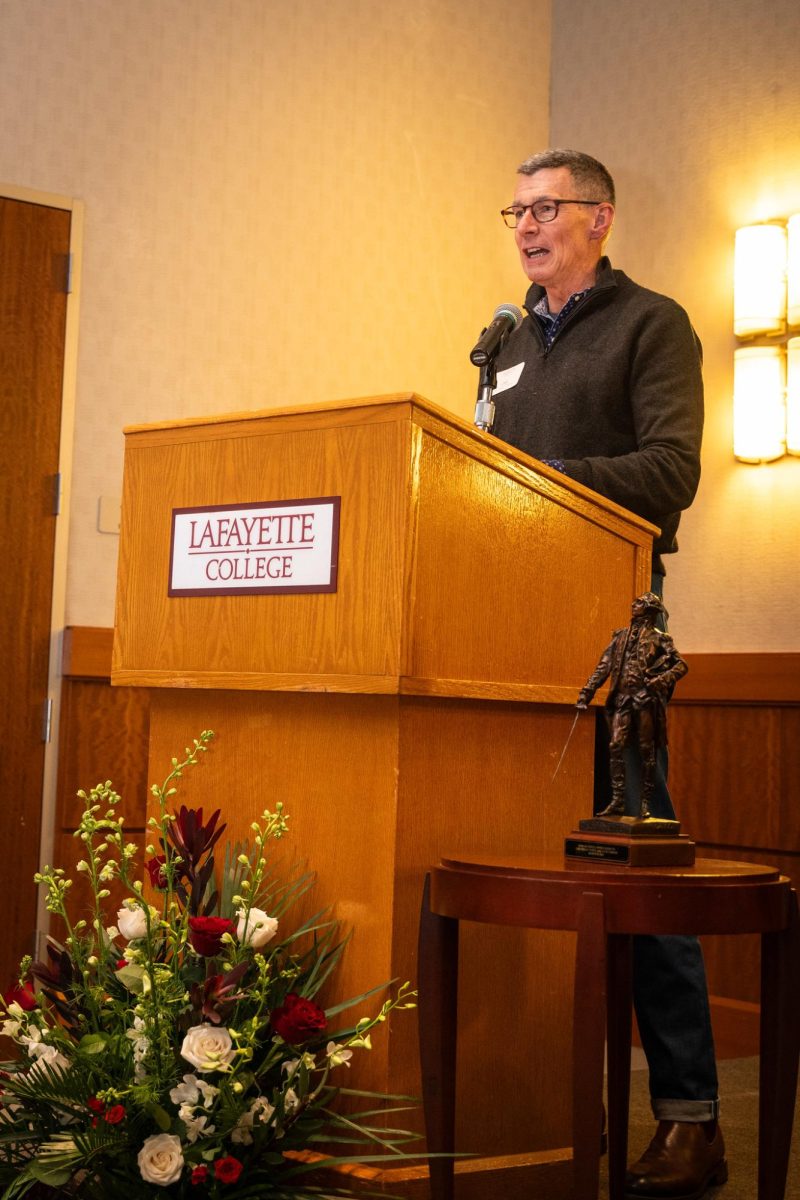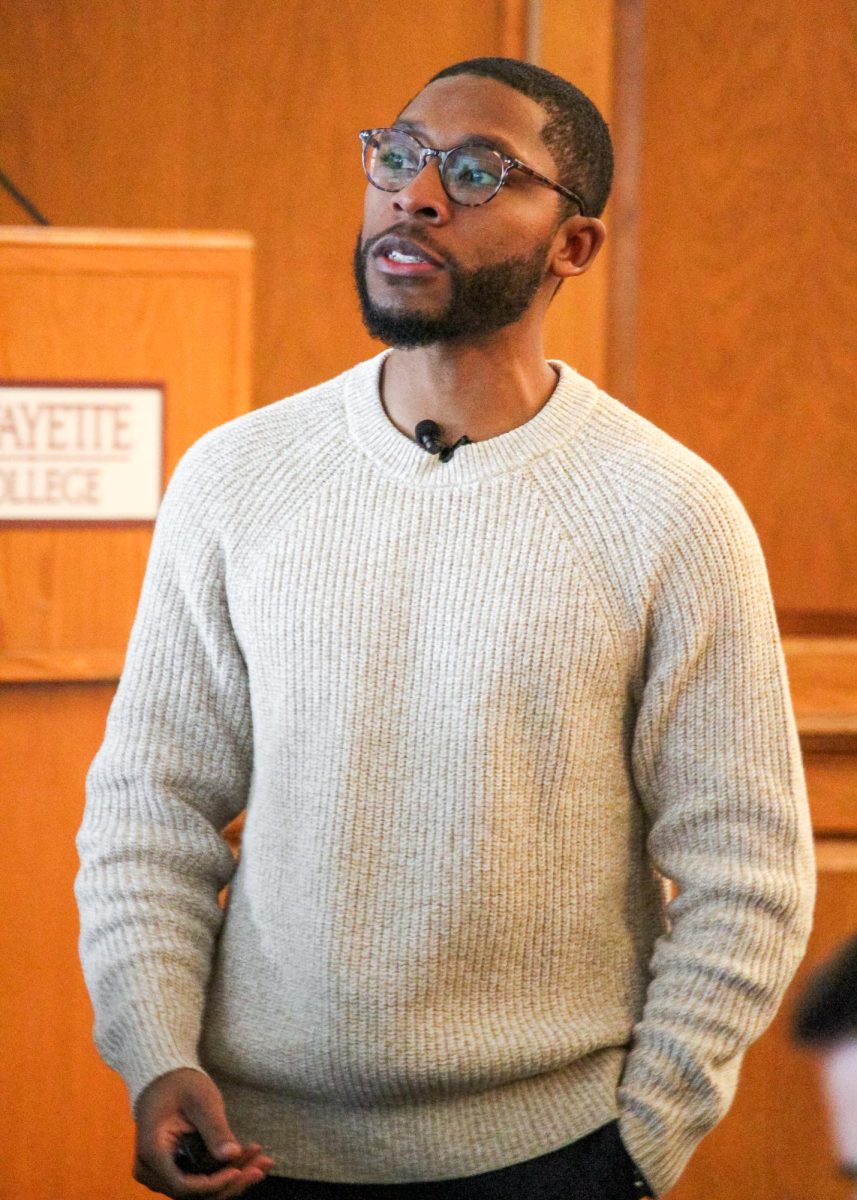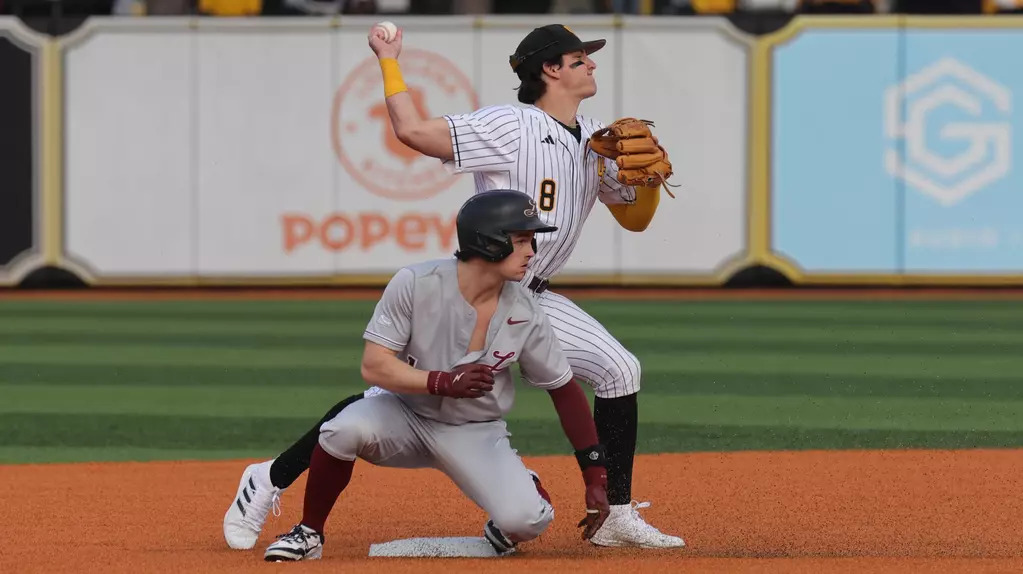As budget week comes to an end, many club leaders are thinking about their financial situation for next year. The end of this semester marks the first full year of student government’s new budget allocation system, which has been criticized by some and praised by others.
During the old budget allocation system, student organizations were allocated money from student government on a yearly basis. If a club needed money in the middle of the semester, they could request supplemental allocations. But, former student government President Connor Heinlein ‘15, who spearheaded the movement to create a new budget system, estimates in his time on student government, this only happened 20 to 30 times.
One of the goals of the new budget system, according to Heinlein, was to reward clubs who are fiscally responsible and to give clubs more freedom to plan events. Now, many clubs receive a lower amount annually—called their Basic Annual Budget—than typically given to them under the old system. Instead, they are expected to request money through Program Event Requests for events they plan during the year.
Heinlein was on a committee to create this year’s budget system with six other students, including current student government President Aaron Little ‘16 and Treasurer Ricky Lanzilotti ‘16.
“The Program Event Request was basically a system that rewards clubs for coming in more for programming,” Lanzilotti said. “So, looking to do new innovative programming on campus.”
Some club leaders, however, do not believe this new system benefits organizations. President of Marquis Players Abigail Schwarz ‘16 said she feels last year’s annual budget system benefited clubs more.
“I think that the annual budgeting system works because it makes it easier to do things on the fly,” Schwarz said. “It makes it easier to plan your whole year out. It makes it easier when you do ask for a supplemental application, it’s one time, and not eight, that you’re talking to student government.”
Despite criticism, Little said he is not prepared to completely abandon the new budget system—even if there are some “kinks” that need to be worked out.
“It allows us to reduce wasteful spending, primarily with end of the year barbecues and cookouts that clubs would throw with excess funds in their accounts,” Little said. “It really lets us control that and make sure that every dollar is spent on an effective and worthwhile program.”
This year, Schwarz said the Marquis Players received more scrutiny from student government in their requests for funding to produce the show than in the past.
Schwarz also said she felt the members of student government did not appreciate the costs of producing a musical and were “rude in the budget meeting.”
The Marquis Players needs to rent 10 microphones for their show, she said, since they have 10 characters that need microphones on stage at one time. In response, Schwarz said, one member of student government jokingly asked who their worst singer was.
“We treat every club the same, both with our words and actions, and there’s never really been any deviation from this,” Little wrote in an email. “I’d seek the impeachment of any individual that was proven to show any disrespect to a student or student group.”
Student government could do a better job explaining why they allocated a given amount of money to each club, Lanzilotti said. Next year, he said, student government plans on developing a rubric that will provide an explanation for their decisions on funding for organizations that make requests.
The Newman Group, an association of Catholic students on campus, was also not able to operate as usual, because of budget issues. When they requested money for their annual off-campus retreat, they were denied by student government who said it did not benefit the entire campus community and it was not essential to their club’s mission.
“Is it essential for us to exist? No,” Newman Group President Jason Devlin ’15 said. “But is it something that would help us grow as an organization? I think so, yes.”
The Newman Group has done this retreat for at least the past three years, according to Devlin. The club was allocated about $4500 in total this year, Devlin said. Last year, he said, the group was allocated about $10,000.
Student government also will make budget numbers public next semester to increase transparency, according to Lanzilotti. In addition, he said, they will install OrgSync, which will consolidate the calendar of events and the finances for clubs into one program, creating a more organized system for planning and budgeting.
Treasurer of Club Hockey Matthew Goldsworthy ‘17 wrote in an email that he has had good experiences with student government in his time working with them since March. Club Hockey receives money from student government and also requires their members to pay dues of $1,000 per individual.
At the time of publication, student government will be in a deficit. But, Little said, student government expects to receive some left over money they allocated earlier in the year to balance the budget. Last year, according to Heinlein, student government was also in a deficit by the end of the year, but was able to balance the budget through the same means.
Student government can also dip into their reserve account. The amount of money in the reserve account, however, is uncertain. Little estimates it is anywhere from $0 to $20,000.








































































































